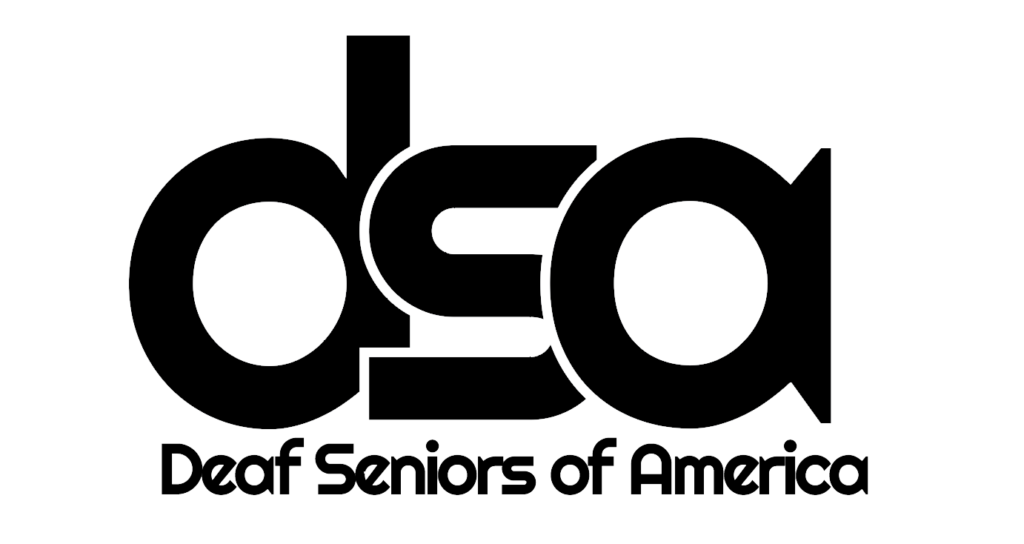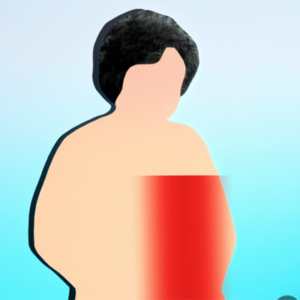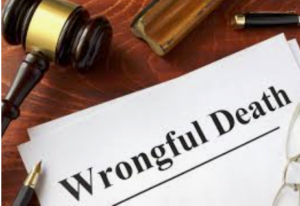By Kate Johnson NYTimes 01/30/2019
Could a medical procedure you don’t even remember give you a stress disorder?
The doctor ordered a “push” on my sedative, and I succumbed to the sweet blackness.
But then something went wrong, and I was awake too soon, flailing and crying, the medical team scrambling to maneuver the tube that had been placed down my throat in what should have been a straightforward gastroscopy.
I put up a violent struggle on the table: gagging and choking, trying to scream, fighting to pull the medical device out of my esophagus.
“Hold her arms!” I heard someone yell. I felt hot tears and pure terror … and then more blackness.
This was the third time I had woken up under the twilight anesthesia known as “conscious sedation.”
“You’ll be awake, but you won’t remember” is something thousands of patients are told every day because the sedatives that doctors use to prepare us for these kinds of procedures come with a convenient side effect: amnesia.
I had been given midazolam, a benzodiazepine known for its superior amnestic effects. I should have forgotten. But I didn’t. Instead, the fight-or-flight panic that had ensued was seared into my memory.
A terrifying sense of doom enveloped me in the following days, as I kept reliving a routine medical test that my brain had registered, not unreasonably, like a physical assault.
What went wrong?
My previous two awakenings under conscious sedation had not filled me with the same terror like this one. They had not even struck me as unusual since I’d been told I would not be entirely asleep.
In the first, I awoke during a finger tendon repair to the sound of a metal rod being hammered into my joint. I don’t think I spoke or even opened my eyes. I felt no pain or even fear. I simply felt a curious fascination with what was happening around me.
My second awakening was during a bizarre pacemaker placement when I opened my eyes to discover that my face had been covered with what I imagined was a blue hospital gown. There was a bright light shining through the fabric, and though I felt no pain, I was frightened by a strange fluttering in my chest as the device was being tested. I started to sob uncontrollably, my chest heaving, tears running down the sides of my face and into my ears. “Do you feel any pain?” the surgeon kept asking, and I told him no. “I’m just very emotional,” I remember saying. But the fear soon abated.
In an ongoing study, Dr. Raz’s team is looking at the link between awareness and memory formation under anesthesia and psychological symptoms a month later. “The numbers are too small to have conclusive results yet, so I should be careful with the interpretation, but we’ve had a small number of recall episodes, with most of these episodes related to PTSD symptoms, mostly to sleep problems, at 30 days,” he said. He said that many more patients were aware during the procedure — identified by asking them to move their arm during surgery — but did not remember it, and among these patients, it’s too early to say whether there is an increased risk of PTSD.
“When I speak with the patients before giving them sedation, I tell them that they’ll be awake and may remember or not, though most don’t, and that I will be with them, and that if they’re in pain or uncomfortable they can tell me and I’ll give them more sedation or pain medication,” Dr. Raz said. “I hope that this allows them some control of the situation and a better understanding, which may help in preventing PTSD.”
In a paper in the Journal of Medical Ethics, professor Walter Glannon, a biomedical ethicist and philosopher at the University of Calgary, explores the idea of offering an antidote to soften the sting of traumatic memories. Propranolol, for instance, is a drug that does not induce amnesia but can dampen the emotional content of a memory, especially if given within six hours of the traumatic experience.
As the popularity of conscious sedation increases, research continues. But what’s still largely missing from this conversation are the patients’ stories. Experts say that the vast majority of traumatic experiences under anesthesia and sedation are most likely never reported because they are often so ephemeral and disconnected. Like the traces of a nightmare that you can’t remember yet which still cast a shadow on your day.



